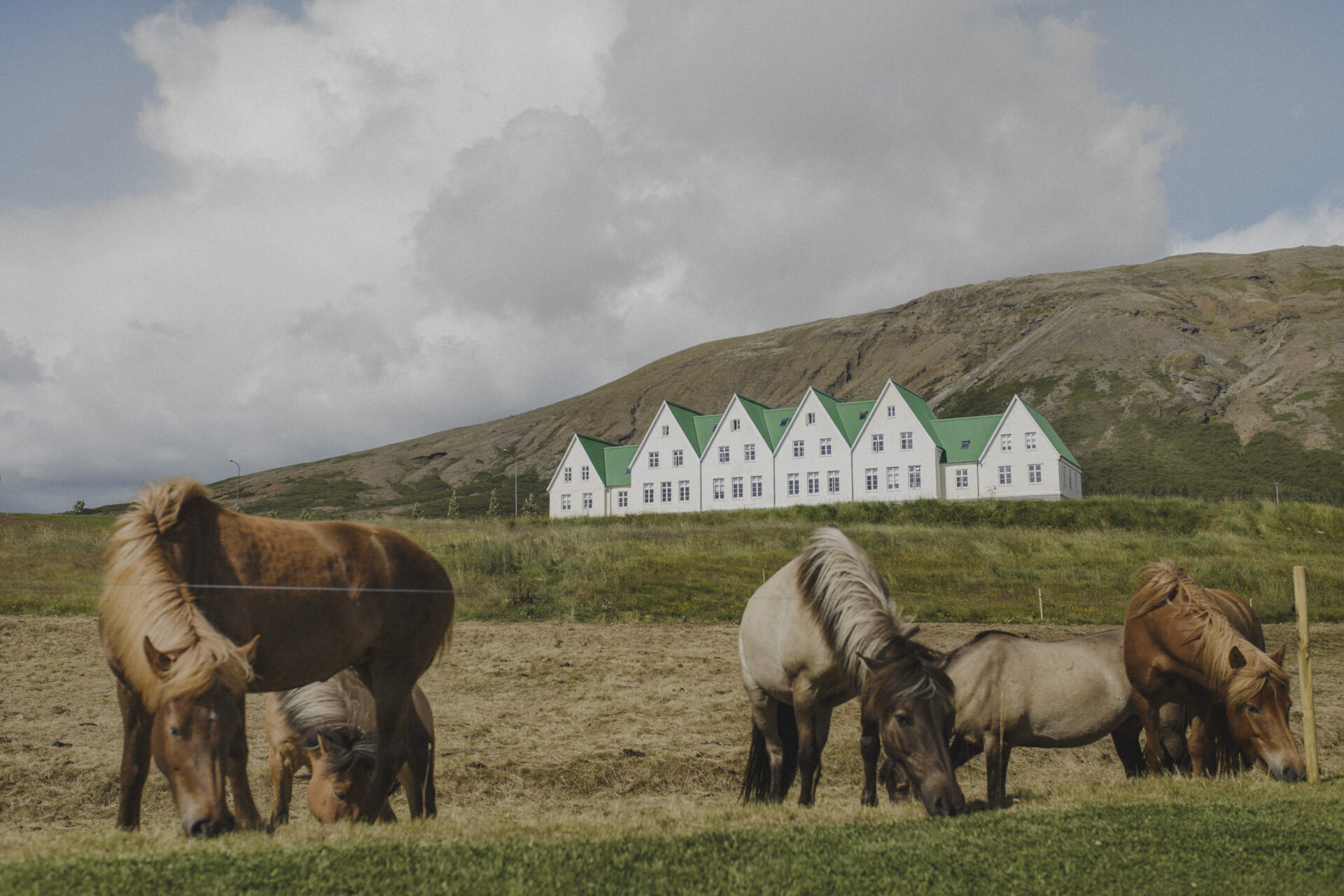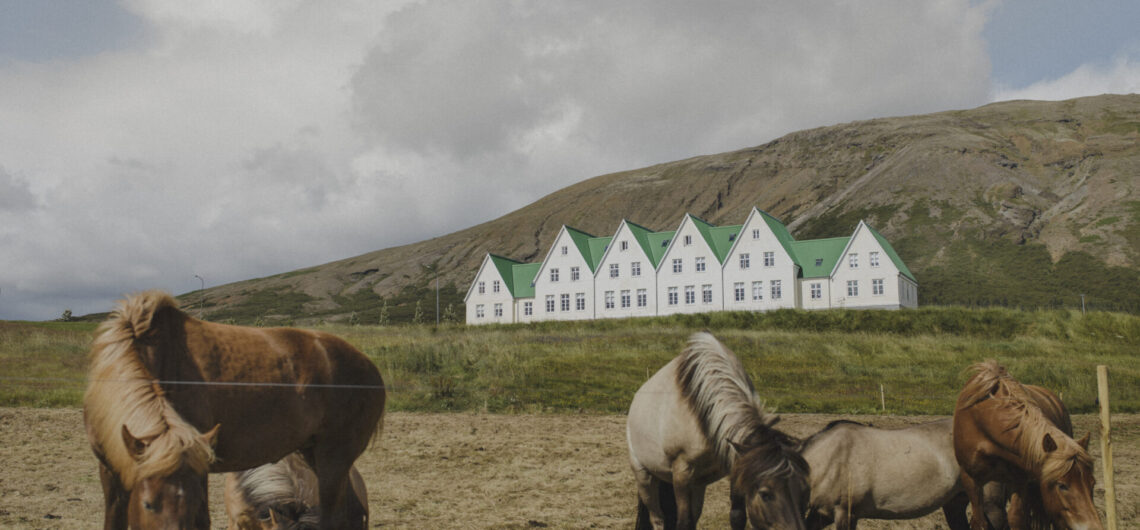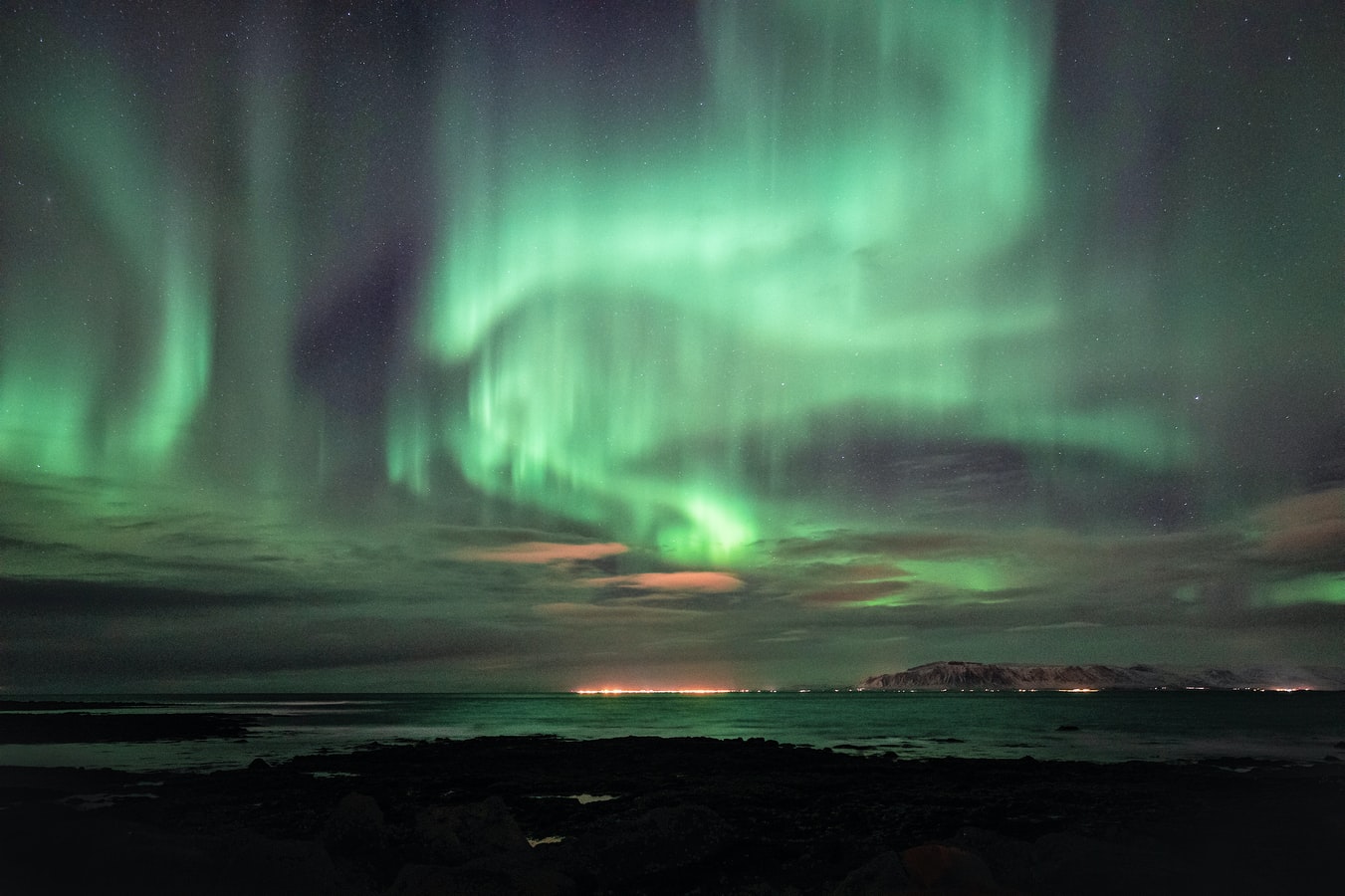Iceland, famously known as the ‘Land of Fire and Ice’, is a destination that offers a diverse range of awe-inspiring landscapes, from vast glaciers and volcanic formations to geysers and hot springs. This beautiful, rugged country is also a global leader in sustainability practices, with a deep commitment to renewable energy and ecological conservation.
Iceland’s sustainability ethos is reflected in every aspect of life, from the food you eat to the places you stay. Its commitment to renewable energy sources, such as geothermal and hydroelectric power, is truly impressive. Nearly all of Iceland’s energy comes from these sustainable sources, providing an inspiring model for the rest of the world.
Icelandic culture is a unique blend of ancient heritage and modern innovation. Rooted in the sagas of the Viking Age, it is a culture filled with rich folklore, unique traditions, and a deep respect for the natural world. Icelanders are known for their love of literature, arts, and music, which are celebrated through numerous events and festivals throughout the year. The country’s connection with the natural world is also evident in its culinary culture. Locally sourced ingredients, such as fresh fish, lamb, and dairy products, dominate the Icelandic cuisine, offering visitors a unique culinary exploration.
Icelandic cuisine is a testament to the country’s natural bounty and resourcefulness. Traditional Icelandic food is shaped by the country’s rugged terrain and harsh climates, resulting in an array of distinct dishes. The seafood is a standout, with fresh fish like haddock, halibut, and salmon often taking center stage, thanks to the country’s location in the North Atlantic. Another staple is the Icelandic lamb, renowned for its high quality, largely owing to the traditional free-range rearing methods. The lamb is often served roasted or used in hearty stews.
Unique dishes include “hákarl”, fermented shark, and “harðfiskur”, dried fish, which are often served with “rúgbrauð”, a dense and dark rye bread. For the adventurous eater, there’s “svið”, boiled sheep’s head. The country’s dairy products also deserve a mention, particularly “skyr”, a thick, yogurt-like cheese that’s been part of Icelandic cuisine for over a thousand years.
 Iceland’s commitment to sustainability extends to its food production, with many restaurants and food producers striving to use local, seasonal, and organic ingredients. As a result, dining in Iceland not only offers a culinary adventure but also a chance to experience the country’s culture and dedication to sustainable practices.
Iceland’s commitment to sustainability extends to its food production, with many restaurants and food producers striving to use local, seasonal, and organic ingredients. As a result, dining in Iceland not only offers a culinary adventure but also a chance to experience the country’s culture and dedication to sustainable practices.
A visit to Iceland offers a truly unique combination of natural beauty, sustainable practices, and rich cultural experiences. This is a place where you can disconnect from the hustle and bustle of city life and reconnect with nature, all while embracing a culture that values the environment and sustainable living. So, why not make Iceland your next destination?
Participating in a retreat in Iceland can be a transformative experience. Surrounded by breathtaking landscapes, you’re invited to deepen your connection with nature, encourage self-reflection, and foster a sense of peace and well-being. Yoga and meditation sessions often take place in serene settings, offering views of Iceland’s stunning natural features, from geysers and waterfalls to glaciers and volcanic landscapes. The retreats also offer opportunities to immerse yourself in Iceland’s culture, sample local cuisine, and participate in traditional Icelandic practices. This immersive experience, set against the backdrop of one of the world’s most beautiful and unique countries, is designed to inspire personal growth, enhance mindfulness, and promote physical and emotional health.



